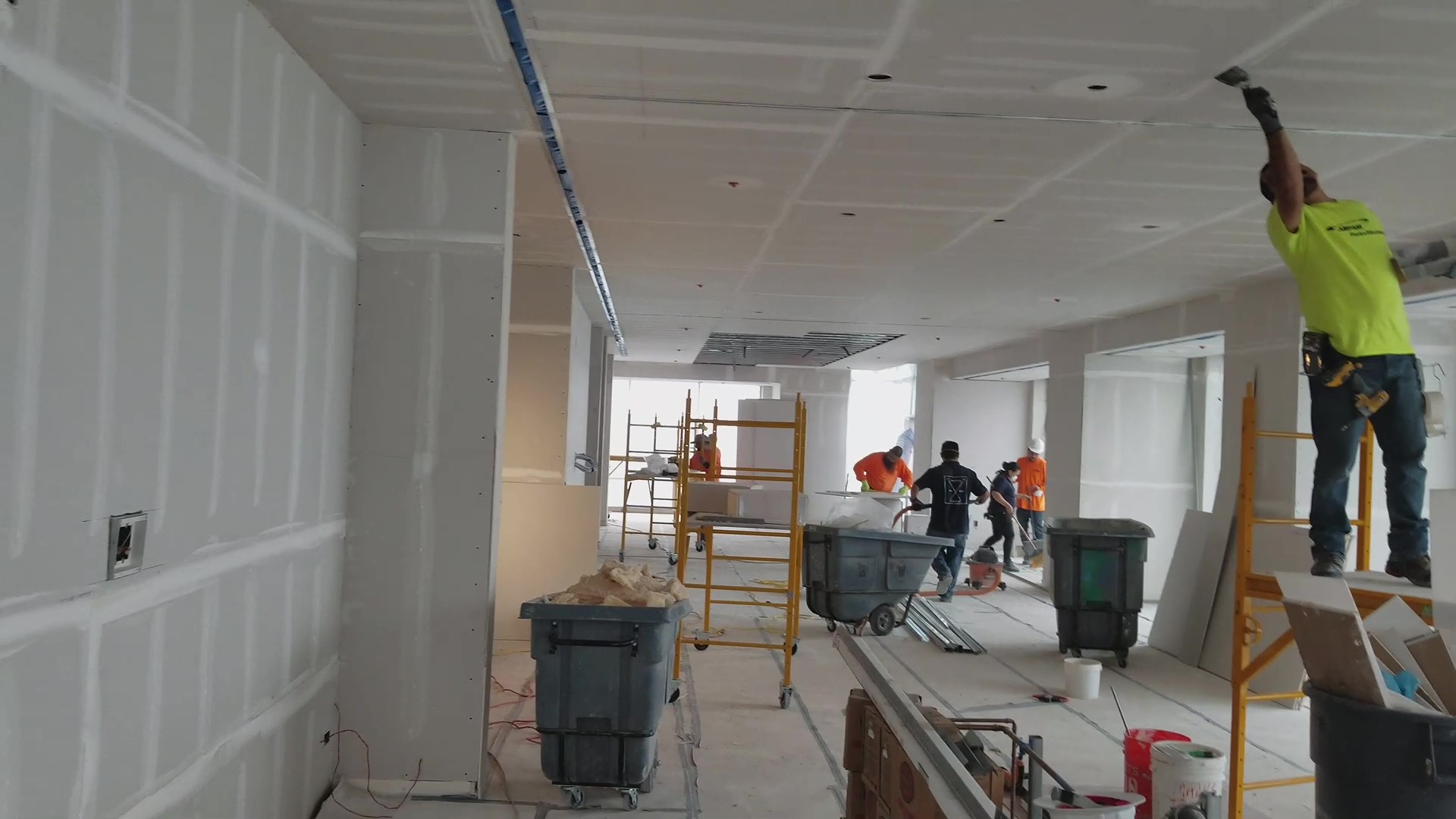Commercial drywall is an industry-specific type of construction drywall that is typically used in high-rise and commercial construction. It is made from a different mix of materials than residential drywall and has a higher strength and water resistance. Commercial drywall is also more expensive than residential drywall.
If you're thinking about becoming a commercial drywall contractor, you may visit Wall-tech.

Image Source: Google
Types of commercial drywall
One type is the general contractor. They possess the knowledge and resources to handle all aspects of a construction project, from planning to executing to overseeing the final product.
Another type is a specialty contractor. They're experts in one or more specific areas of construction, such as roofing or wallboard installation. When you need specialized expertise, hiring a specialty contractor can save you time and money.
A third type is a do-it-yourselfer. If you have some basic building skills and know how to use a drill and saw, you can tackle most drywall projects yourself. Just be sure to hire an experienced professional if you don’t have any drywall experience – mistakes can result in serious damage to your home or office.
How commercial drywall is used?
Commercial drywall contractors use a variety of materials and techniques in order to complete their jobs. Drywall is most commonly used as a component of wall construction, but it can also be used for other projects such as ceilings and trim.
Drywall is composed of gypsum, water, and sand. The mixture is first heated until the gypsum liquefies, at which point the water and sand are added. The mixture is then extruded through a die into sheets about 0.019 inches thick.
Commercial drywall contractors generally use two types of machines to produce drywall: the machine gun and the roller mill. The machine gun produces sheets that are about 1 inch wide by 8 feet long, while the roller mill produces sheets that are about 3/8 inch wide by 18 feet long.
/cdn.vox-cdn.com/uploads/chorus_image/image/51867435/Eli_Preferred_Headshot.0.jpeg)